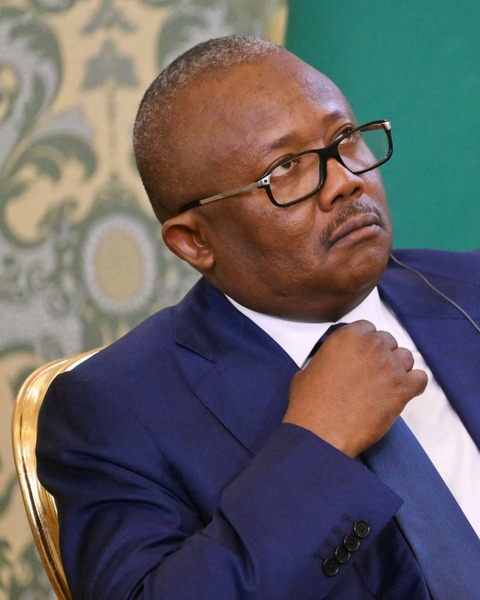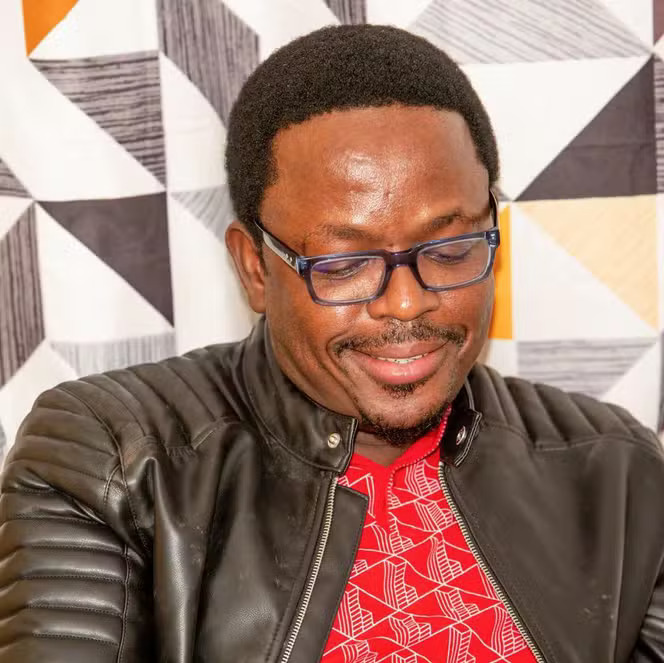Two days after suspending 3 portuguese media outlets from operating in his country, the President of Guinea-Bissau, Umaro Sissoco Embaló, dismissed questions posed by journalists about the suspensions.
Before departing for Cabo Verde at Osvaldo Vieira International Airport on August 17, the President told journalists to concentrate on their own businesses when they questioned him about the suspensions.
“That is none of your business. Are you from RTP? Then you will also be expelled,” he retorted.
Later the same day in Praia, he avoided further questioning, stating: “It is a problem between Guinea-Bissau and Portugal, not with Cabo Verde. I will not answer that.” When pressed on whether freedom of expression was under threat, Embaló replied: “You can go to Guinea-Bissau and see whether freedom of expression is prohibited. Ask me that question in Guinea-Bissau.”
The journalists attempt to get responses from President Embaló follows the suspension of Agência Lusa, RTP África, and RDP África on August 15, and order their representatives to leave the country by August 19. The move took immediate effect and, to date, no official explanation has been provided.
The suspension has sparked strong reactions from local and international stakeholders. Media leaders from the affected outlets denounced the decision as “an attack on the fundamental principles of journalism” that “violates democracy and the rule of law.” Portugal’s Ministry of Foreign Affairs described the measure as “highly reprehensible and unjustifiable”.
The European Union has similarly raised concerns. On August 17, Anitta Hipper, spokesperson for the EU’s foreign affairs and security policy, described the suspensions as “a regrettable restriction on freedom of expression and public space,” stressing that “an open society must be able to rely on diversity of voices.”
The Media Foundation for West Africa (MFWA) expresses concern over President Embaló’s recent remarks, which dismiss legitimate questions from journalists with threats of expulsion. Such statements risk creating an atmosphere of intimidation that could deter journalists from carrying out their duties and encourage self-censorship
The MFWA reiterates that suspending RTP África, RDP África, and Lusa represents a major setback for independent journalism and the public’s right to information in Guinea-Bissau, particularly as the country approaches critical elections in November 2025.
We therefore urge the Government of Guinea-Bissau to lift the suspensions and to engage with media outlets in a transparent and lawful manner, in keeping with its constitutional guarantees and international obligations.






